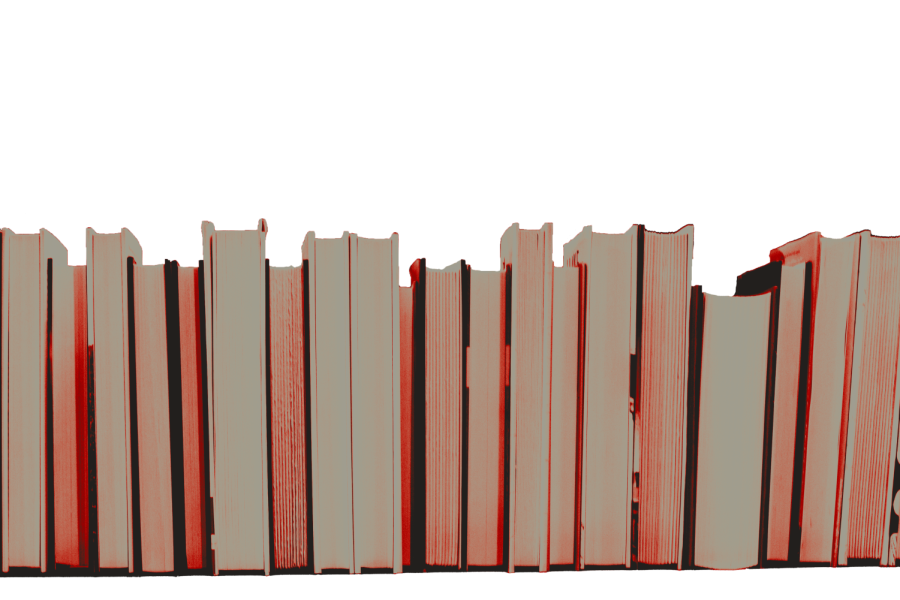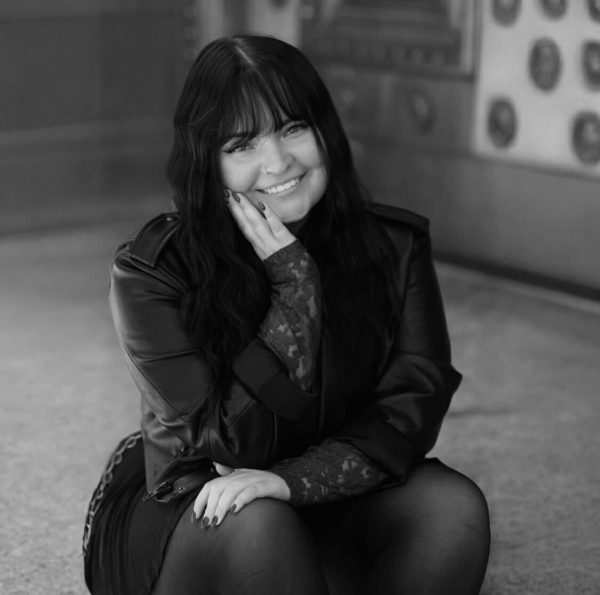If you think about it, there is something to dislike about every piece of literature ever written. Yet if we challenged every piece of literature ever written, libraries would be replaced by sad, empty edifices. Unfortunately, that is exactly what is being done.
There is probably someone out there right now, writing a letter about your favorite book and demanding that it be banned for one reason or another.
The books that discuss controversial topics and open the parts of the mind where uncomfortability lives, are perhaps the most important ones. They open a forum for conversation that might have never existed otherwise and that is what makes them so vital to society. There were over 10,000 reports of book bans in the United States alone in 2023, including some of the books that provide learning opportunities and unlock an opportunity for the discussion of contentious topics that are usually avoided in the education system.
Here is some insight on just a few of the challenged novels that are widely recognizable and the controversy behind them.
“Fahrenheit 451”
Speaking of banning books, there is no more fitting novel to discuss than “Fahrenheit 451” by Ray Bradbury. The novel is ironically set in a futuristic dystopian society in which the government controls its constituents with the complete prohibition of books. In the classic dystopian fashion, the main character begins to oppose censorship and rebels against society’s conformity.
Bradbury took inspiration from the book burnings that took place in 1933 in Nazi Germany, which is also one of the major controversial points that this book faces today. Many people oppose this novel due to the irreverent burning of Bibles throughout its plot and the glorification of censorship.
Although the book has not been entirely banned in the United States, it has been challenged in many states and has been completely banned in Australia for its spotlight on government censorship and repressive ideologies.
“To Kill a Mockingbird”
The conversation surrounding book bans generally begins with the mention of Harper Lee’s “To Kill a Mockingbird.” The novel is widely recognized as it spent many years as a major section of the high school English curriculum. The story is told from the point of view of a young girl named Scout Finch and chronicles the happenings of her childhood as the daughter of a prominent white lawyer who is tasked with defending a Black man that has been accused of rape.
The novel is set in the 1930s during the Jim Crow era of the Great Depression in Alabama. As such, although it explores other controversial themes surrounding alleged sexual assault and violence, the main reason behind the book’s ban is its use of the n-word and other racially offensive language. In fact, in 2020, the novel even made the American Library Association’s (ALA) Top 10 List of Most Challenged Books.
The book has been either challenged or completely banned in more than 10 states in the U.S. and remains one of the most widely discussed novels in conversations regarding literature censoring in schools.
“1984”
Named by Deseret News as one of the most frequently banned books in the United States, George Orwell’s “1984“ has become the face of controversial literature. It is the story of a man named Winston Smith who is a low-ranking member of a dystopian society called “The Party” which is controlled by an omniscient totalitarian called “Big Brother.”
The novel has been disputed for a litany of reasons including sexual content and its depiction of overzealous totalitarianism. However, its most controversial nature lies in its “anti-government” notions.
Despite its thematic elements being presented quite clearly, the book was misinterpreted by citizens of Jackson County, Florida and was challenged in 1981 for allegedly displaying “pro-communist” ideologies.
Honorable Mention: “Lolita”
The 1955 novel by Vladimir Nabokov, “Lolita,” is perhaps one of the most controversial novels of the 20th century. The story is presented in the form of a confessional provided by the fictional Humbert Humbert from prison as he chronicles his pedophilic infatuation and affair with a 12-year-old girl.
It has been banned in several countries including France and Canada for reasons including pedophilia, incest and obscenity. Even though it was never banned in the United States, it is still a major area of contention in the circles of academia and literature curricula across the country as some find the content to be considerably obscene.
No matter how subjectively uncomfortable the content of a piece of prose might seem to one person, it does not negate the right to freedom of speech that flows within the veins of democracy. The ALA established Banned Books Week in 1982 to combat the government censorship of literature and to unite people under the pursuit of the freedom to read which is reminiscent of the theme of this year’s movement: “Freed Between the Lines.”





Noah • Oct 4, 2024 at 1:32 pm
“The books that discuss controversial topics and open the parts of the mind where uncomfortability lives, are perhaps the most important ones. They open a forum for conversation that might have never existed otherwise and that is what makes them so vital to society.”
I find that quote very relevant. If someone never tries something, they never know what it’s like. Surely some things should be avoided (unmeaningful obscenity and violence), but we have to draw the lines on what’s meaningful anyway. The argument someone can make is one they at least have some experience with, and that’s the best reason for trying something new or reading something controversial. You really will never know until you try, and if someone tries to censor it from you for anything other than obvious safety concerns, they are simply trying to contain you. Trying to ban Fahrenheit 451 has to be one of the easiest examples of censorship.
a.hart • Oct 2, 2024 at 11:28 am
I love this!